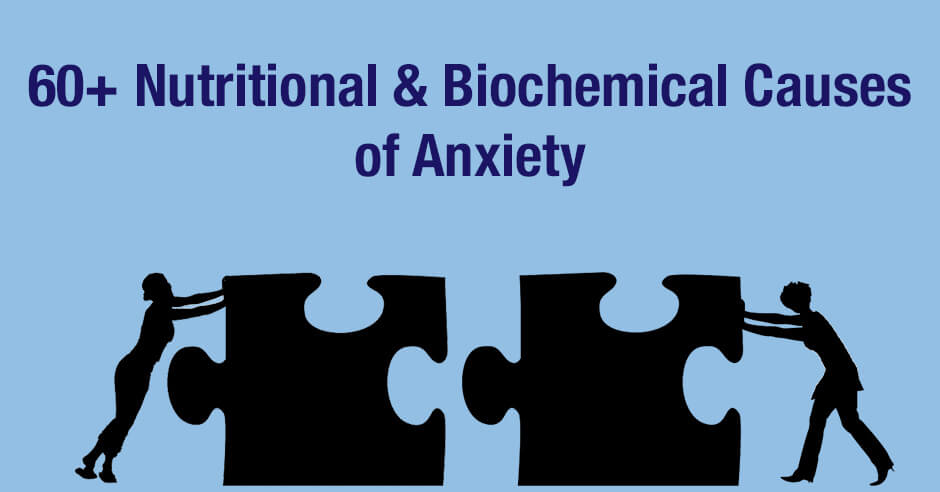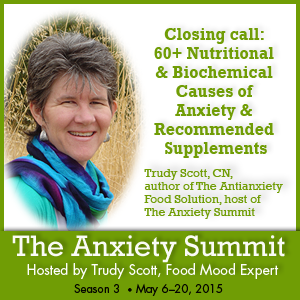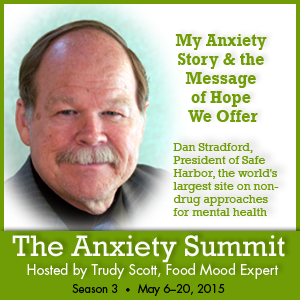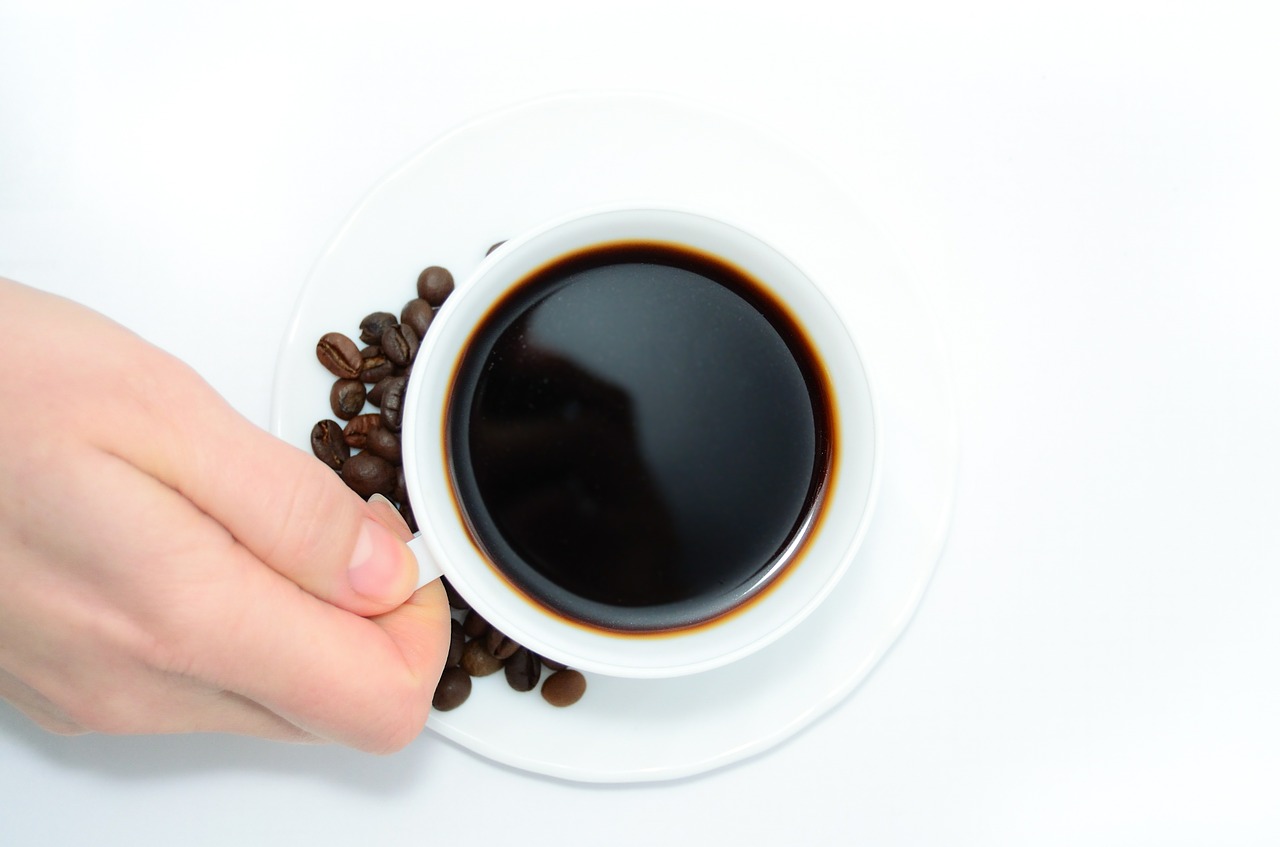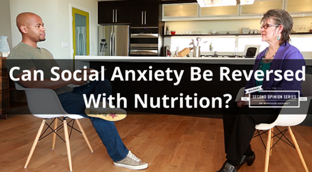
Sean Croxton host of Underground Wellness Radio shares how:
- he was once prescribed Paxil for social anxiety (and depression)
- he doesn’t like big crowds
- he can speak on stage in front of 100s of people with no problem
- as soon as people come to talk to him afterwards he wants to go!
Can you relate to any of this?
He thinks he has pyroluria, a social anxiety condition where you have a higher need for some key nutrients: zinc, vitamin B6 and evening primrose oil.
We are often surprised when we hear that someone who appears to be outgoing and extroverted (like Sean) actually has social anxiety.
It’s more common than you think and is made worse under stressful situations: life stresses, gluten sensitivities etc.
I share how my social anxiety got really bad in my late thirties (when my PMS was so bad) and how
- many of us with pyroluria push through and deal with it
- we just want to stay home
- we don’t really want to see people
Not everyone needs omega-3 supplements!
We discuss omega-3s and omega-6s and how pyrolurics often don’t need to supplement with omega-3s like fish oils but can extract the omega-3s from the foods they eat: grass-fed red meat, wild fish like salmon, leafy greens and walnuts.
Pyrolurics often do need to supplement with the GLA form of omega-6 that we find in evening primrose oil as GLA is often low, plus the GLA enhances zinc absorption.
(by the way: I said alpha linolenic acid (ALA) but should have said gamma linolenic acid (GLA)
A good copper-free multi is part of the protocol because low zinc often means high copper and this can make you more anxious.
Looking at other sources of copper is a helpful for many pyrolurics: eating too many nuts, baking with nut flours, the copper IUD.
You don’t want to miss this part…Sean asks if you can cure introversion with this pyroluria protocol. If you are an introvert and force yourself in social settings, feel very uncomfortable and anxious being around big groups of people then you’re going to have to watch the end of the video for my answer!
You can watch the whole snippet here
This is part of my interview on the Depression Sessions, an online event hosted by my friend Sean. I’ll also be sharing information about the amazing amino acids – inexpensive, over-the-counter supplements that can lift your mood and end anxiety in minutes!
Sean traveled the country to interview the best of the best experts — medical doctors, naturopaths, nutritionists, and bestselling authors — on what really causes depression and anxiety and what to do about it.
Some of us (like me) flew to San Diego to be interviewed in his home. It was such a thrill to be interviewed by the legendary Sean Croxton and is an honor to be part of this group of experts!
Here are just a few of the amazing experts you’ll hear from:
- Suzy Cohen, also known as America’s Pharmacist, uncovers specific prescription drugs that rob your body and brain of mood-friendly nutrients.
- Datis Kharrazian will show you what insomnia, anxiety, and the symptoms that tag along with depression can tell you about what’s causing it.
- Hyla Cass, a medical doctor and integrative psychiatrist (who has been featured on two prior Anxiety Summits), shares her best tips for transitioning OFF of psychiatric meds while avoiding or minimizing common withdrawal symptoms.
- Ben Lynch (another Anxiety Summit favorite) reveals the incredibly common genetic mutation known to drive depression (and anxiety) … and the critical nutrients that make such a big difference.

